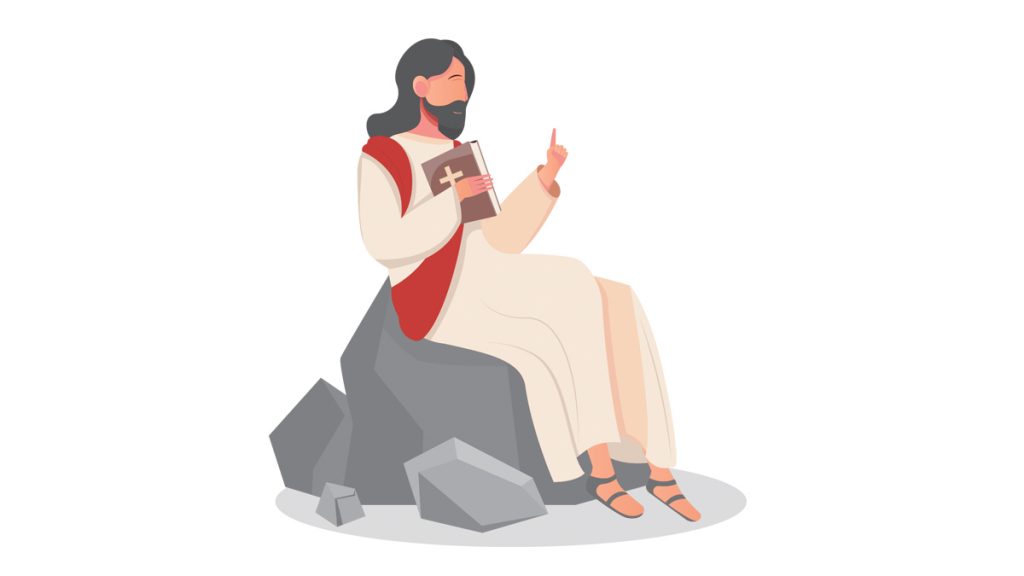No sólo nos recuerda la liberación del pueblo de Egipto, también es un mensaje de esperanza y obediencia
En Éxodo 12 encontramos el origen de la Pascua ordenada por Dios a su pueblo como una celebración y recordatorio de que él los liberó de la esclavitud de Egipto (por 400 años), evento que Israel ha venido celebrando por siglos.
Sin embargo, en el Nuevo Testamento habla de la Pascua a través de la visión de Jesús.
En el Evangelio de Mateo 26 está la descripción de cómo fue celebrada como un recordatorio ahora para nosotros. Como, ese pan y vino iban a representar el cuerpo quebrantado de Jesús en la cruz para traer verdadera libertad aquí en la tierra y la eternidad, dando instrucciones claras a sus íntimos de lo que le iba a acontecer, incluyendo al traidor (a quien descubrió, para llamarlo al arrepentimiento), quien no le quitó su paz y confianza en el propósito del Señor, dejando también un ejemplo de sometimiento y obediencia al Padre y su plan.
Y aunque era su última Pascua, dejó ejemplo a seguir: Estar preparados para enfrentar prueba, dolor, sufrimiento y muerte, además de firmes en cumplir el propósito de Dios, así como estar tranquilos, aunque esté la opresión espiritual.
También habló de dar palabras de esperanza que fortalezcan y cada vez que se celebra la cena del Señor, recordar con corazón agradecido su gran entrega de Amor.
Jesús es nuestra Pascua.
What does Easter mean?
Not only does it remind us of the deliverance of the people from Egypt, but it is also a message of hope and obedience
In Exodus 12, we find the origin of the Passover commanded by God to his people as a celebration and reminder that he freed them from slavery in Egypt (for 400 years), an event that Israel has been celebrating for centuries.
However, the New Testament speaks of Passover through the vision of Jesus.
The Gospel of Matthew 26 describes how it was celebrated as a reminder to us now, how that bread and wine were to represent the broken body of Jesus on the cross to bring true freedom here on earth and eternity, giving clear instructions to his intimates of what was to befall him, including the betrayer (whom he discovered, to call him to repentance), who did not take away his peace and trust in the Lord’s purpose, also leaving an example of submission and obedience to the Father and his plan.
And although it was his last Passover, he left an example to follow: To be prepared to face trial, pain, suffering and death, as well as steadfast in fulfilling God’s purpose, as well as to be at ease, even though spiritual oppression is present.
He also spoke of giving words of hope that strengthen, and every time the Lord’s Supper is celebrated, remember with a grateful heart his great giving of Love.
Jesus is our Passover.

